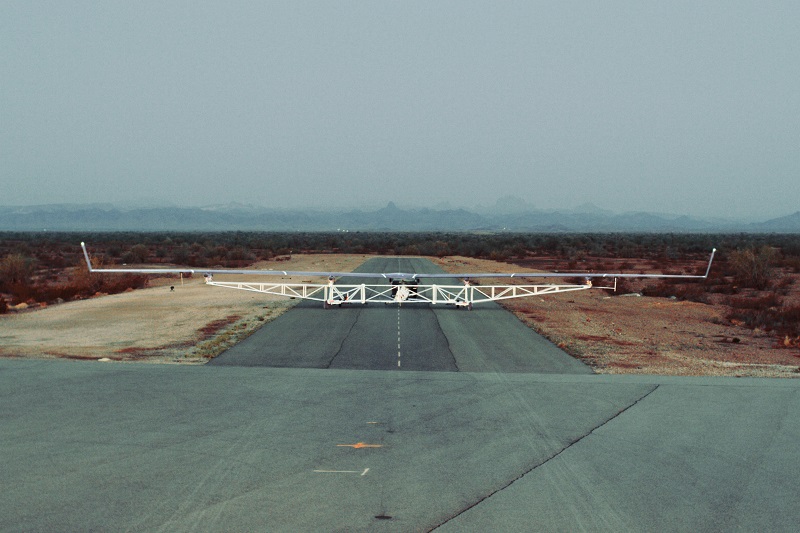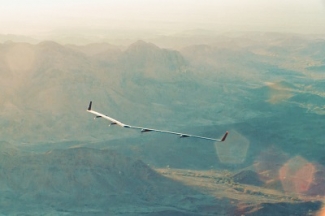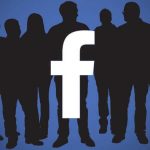Facebook Looks To Test Drones For Linking Unconnected Areas, Says Report
by Monica Alleven , Oct 6, 2016

Facebook reportedly is in talks with multiple countries to host trials of its Aquila drones, which it wants to use to deliver internet to unconnected or underserved areas.
Several countries may be involved in the trials. “Some of the countries that are really clamoring to host this first demo have huge regions where there is zero or very poor internet connectivity,” Martin Gomez, Facebook’s director of aeronautical platforms, said on the sidelines of a Royal Aeronautical Society drone conference in London, The Wall Street Journal reported. Demonstrations could take place in 2018, though an exact schedule hasn’t been fixed.

Facebook’s plan calls for deploying a fleet of airplanes beaming internet signals to people within a 60-mile communications diameter for up to 90 days at a time. The light-weight plane will fly at altitudes between 60,000 and 90,000 feet – above commercial air traffic and above the weather, and it will use free space laser communications as a mechanism for communicating between aircraft in the fleet. It will use E-band technology to beam connectivity from the airplane to receivers on the ground.
During a test flight over Yuma, Arizona, this past June, Facebook was able to keep the plane up for more than 90 minutes, which was longer than the 30 minutes the mission originally had called for. But Mobile World Live noted that Facebook still needs to break the world record for solar-powered unmanned flight, which currently stands at two weeks, to be able to fly over a remote region and deliver connectivity for up to three months at a time.
In a recent filing with the FCC, Facebook said it recognizes that connecting those who are not yet connected to the internet is a complicated effort that requires not just network infrastructure but regulatory and other changes as well. The company launched Internet.org more than three years ago to address issues and in 2015 launched its own Connectivity Lab to develop new technologies focused on connecting the unconnected.
“We all know we have a colossal regulatory burden ahead of us,” Gomez said, according to WSJ.
Facebook is far from alone in its ambitions to connect the unconnected. Google, now under Alphabet, has made significant progress developing the high-altitude balloons and technology it wants to launch through Project Loon. OneWeb filed an application with the FCC in April to deploy its low earth orbit satellite system.
FierceWireless, Thursday, October 13, 2016
(17)











